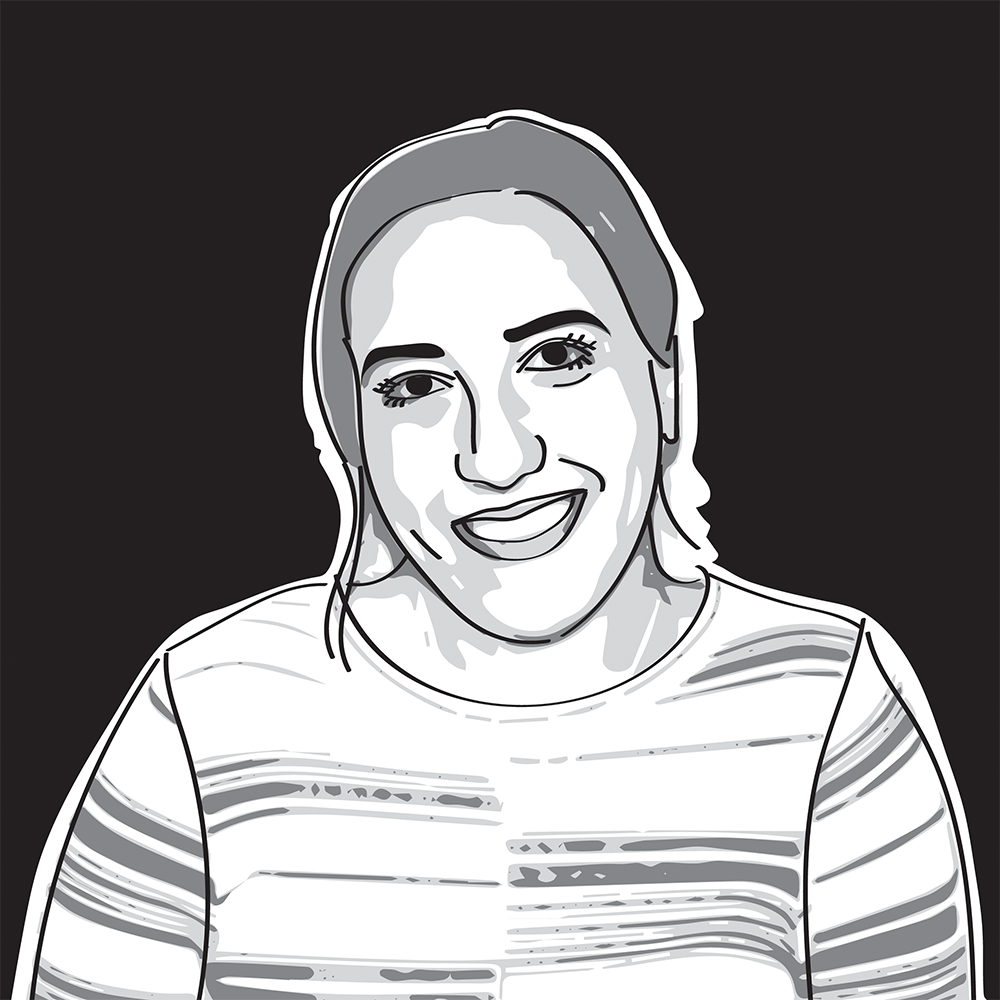Twenty-one is an odd age. I have graduated from my teenage years and live away from home for eight months of the year. I am still in school, however, and not financially independent. At least until I graduate, I am riding the wave between childhood and full-fledged adulthood.
My occupancy of this middle space should be freeing. After all, I’m young! I have to keep in touch with my friends, but I am free to hole myself in the most abandoned coffee shop I can find without having to answer to expectant children or an anxious spouse. I am fiscally dependent on my parents, but fortunately, Georgetown University pays for my tuition. I have homework, but I am free from the stress of a nine-to-five job.
Despite the many advantages of my not-quite-adult status, I realize I tend to dwell on the more adult aspects of my identity rather than the youthful ones. I agonize over deadlines and job applications, I complain when I do not get eight hours of sleep and I spend far too long comparing snack prices while grocery shopping. Even while studying abroad, which presents the perfect opportunity to engage a more independent, mature side of myself, I know I have spent time stuck in my room when I should have been exploring St. Andrews.
I came to this realization while reading English writer Ian McEwan’s 1994 novella “The Daydreamer,” which is a collection of short stories told from the perspective of Peter Fortune, a 10-year-old child and a notorious daydreamer. Although Ian McEwan is not Scottish and therefore not from my country of current study, Peter’s daydreams caused me to reflect on my approach to life and, in my desire to be an authentic columnist, I must explain why.
The final chapter of “The Daydreamer” is titled “The Grown-up,” and it begins with Peter’s observation of adulthood. In his eyes, adults choose banality over whimsy, complain often and are consistently restless. Peter fears the day when he grows up and swaps “his brilliant, playful, eleven-year-old self” for the “peculiar” and “difficult to understand” adult existence.
When I read Peter’s observations and childlike activities, I was transported back to my childhood summers of family beach vacations and theater camp performances. I was silly. I spent every day with friends and my imagination was the most active part of my personality.
I read “The Daydreamer” while on spring break with my friends in Lisbon, Portugal, and this trip, much like McEwan’s whimsical novella, awakened my inner child. We spent hours running through Quinta da Regaleira’s gardens in Sintra, discovering its hidden treasures. We wandered the Feira da Ladra market, examining the vintage treasures. We savored each bite during dinner at Home Lisbon Hostel, thanks to Mamma’s glorious cooking.
I never wanted to leave Lisbon, not just because of its colorful streets and sunshine, but I was also afraid to return to reality. It was only in reflecting on “The Daydreamer” for this column that I realized I do not necessarily have to.
To clarify, I am not suggesting that I will suddenly abandon my assignments, jobs or the various obligations I have each day; I also acknowledge my privilege that allows me not to worry about certain finances or jobs in the same way that other students my age do. What I am suggesting is that we, as college students, have an opportunity to explore our environment, grow intellectually and simply dream the biggest dreams. At age 21, work should not outweigh play.
“The Grown-up” ends with an image of Peter, now returned to his childish form, staring at the ocean. He describes the crashing of the waves as “all the ideas and fantasies he would have in his life.” As a child, I had so many dreams and I believed that each one was attainable. Now, at age 21, I still have many dreams, but I know the hard work it takes to achieve them. I know I still have a lot of late nights, deadlines and penny-pinching ahead of me. Yet my ideas and fantasies are equally important to my well-being and identity. Just like Peter and my younger self, I hope I never stop daydreaming.
Kathryn Baker is a junior in the College. Novel Ideas appears in print every other Friday.















